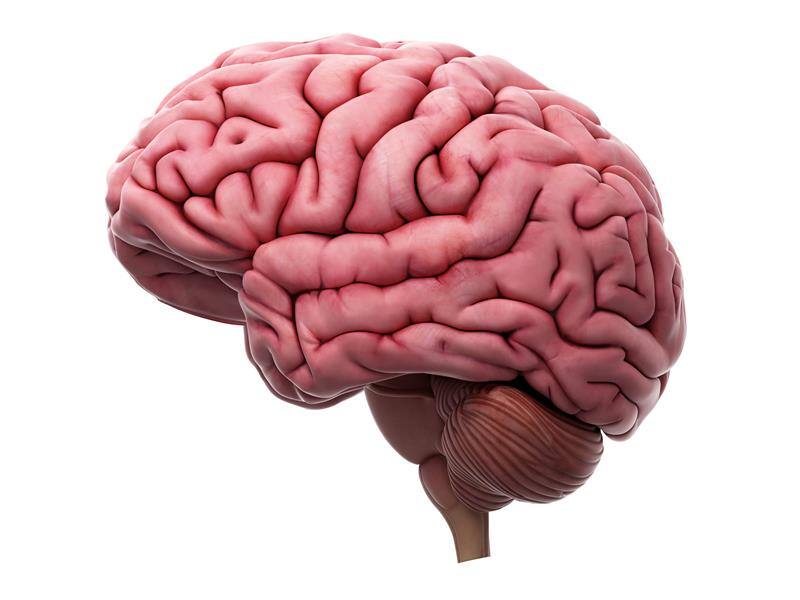Introduction
Menopause is a significant transition in every woman's life, but there are many things they don't always tell you about. There are some essential tips and strategies that can help. Here are five crucial menopause tips they never told you—until now!
Tip #1: Fiber
One of the most important aspects of managing menopause is ensuring your digestive health is in top shape. During this time, many women experience changes in bowel movements and digestive discomfort. A high-fiber diet can make all the difference.
Dietary fiber—both soluble and insoluble—helps bulk up stools and keeps things moving smoothly through the digestive tract. A great supplement I personally recommend is Psyllium seed husk in an ultra-fine powder form (usually found in capsules for easy intake). This is excellent for regulating bowel movements, especially as your body is also processing estrogen, progesterone, and various xenoestrogens from environmental sources like plastics and makeup. Fiber helps to eliminate these toxins and keep your system running smoothly. So, make sure you’re getting enough fiber.
Tip #2: Mother Nature’s Prescription
What does this mean? It’s about connecting with nature to support your well-being. Start by getting enough natural sunlight and grounding yourself daily. Grounding—standing or walking barefoot on the Earth—is a powerful anti-inflammatory practice, especially during menopause, when aches, pains, and joint discomfort are common.
This inflammation can be worsened by an imbalance in your body’s protons and electrons. Grounding helps by drawing electrons from the Earth to counteract the excess protons in your body. It also helps discharge the electromagnetic fields (EMFs) you pick up from things like your cell phone and Wi-Fi, which can disrupt your health.
Movement is another key part of Mother Nature's prescription. Focusing on mobility training, which encourages natural movement, is especially important during menopause to maintain hormone balance and overall health.
I have several podcasts and videos featuring experts on mobility training and the benefits of moving naturally in nature, which can help you integrate these practices into your life.
Tip #3: Fix Leptin Resistance
Leptin resistance is a common issue during menopause that affects how our bodies regulate hunger and fat storage. To help fix this, you need to prioritize a few things. Eat a healthy, protein-rich breakfast. This will help regulate your leptin levels and keep your metabolism in check. Increase your seafood intake for its beneficial fats and nutrients. Use cold exposure to your advantage. Try cold showers or sleeping in a cooler room to stimulate proper leptin signaling. Get enough sleep in a dark, cool room to optimize your body’s hormonal balance.
Proper leptin signaling is key for regulating your hormones, weight, and overall health during menopause. Fixing leptin resistance can go a long way in making this phase of life more manageable. Check out my videos on leptin resistance here.
Tip #4: Magnesium
Magnesium is one of the most essential minerals for your body, and yet many women are deficient, especially during menopause. Magnesium plays a crucial role in muscle relaxation, proper insulin secretion, brain function, and so much more.
I highly recommend magnesium bisglycinate, as it is bound to glycine, which makes it especially effective for cellular metabolism. It’s also a game-changer for alleviating menopause-related symptoms like brain fog, anxiety, and muscle cramps. If you’ve been struggling with that “foggy” feeling during menopause, magnesium could make a world of difference.
Tip #5: Herbals
You don’t have to rely on hormone replacement therapy (HRT) to balance your hormones during menopause. There are several powerful herbal remedies that can help support your body’s natural hormone balance.
Some of my favorites include:
- Chaste tree berry (Vitex): Known for its ability to regulate hormonal fluctuations and reduce symptoms like irritability.
- Maca root: Excellent for boosting energy, reducing hot flashes, and balancing hormones.
- Motherwort: Helps reduce anxiety, stress, and supports heart health.
These herbs can be taken in combination to help with hot flashes, night sweats, irritability, stress, and even muscle cramping. The beauty of these herbs is that they work with your body to restore hormonal balance naturally, without the side effects often associated with conventional HRT.
To learn more about my four favorite herbal medicines for menopause check out my video '4 Best Herbal Medicines for Menopause'. I'll see you there!









